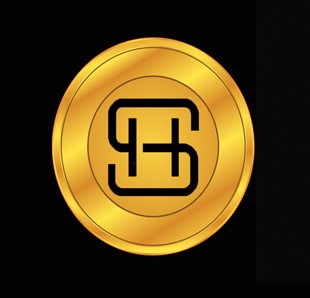
My paired conversations in the Encroaching Darkness series, “The Seeds of Collectivism” and “Encroaching Darkness.” Hosted by Michael O’Fallon and featuring James Lindsay and me in conversation.
Description: When you listen to the moral language and rhetoric of our culture today, you less often hear appeals to “personal responsibility” and “rugged individualism” — and more often claims of “privileges,” “disparities” and “oppression.” This latter set of ideas, once foreign to American ears, is now popular with those promising “equity” and utopia.
Individualism has been accused of being part of the “white” or “patriarchal” system, while top-down collectivist solutions are demanded along with a new social contract. In nearly every case, an idealized concept of collective justice is embedded in the proposed utopia — along with a rejection of the meritocratic system that has successfully created exponential growth in our civilization. The American way is to be discarded to the ash heap of history.
To understand the genesis of this conflict, knowing about Geneva’s Jean-Jacques Rousseau is essential. Rousseau’s anti-Enlightenment ideology was the ideological inspiration of the Jacobin dictators of the French Revolution. While the American Revolution valued individual liberty and natural rights, the French Revolution demanded equality and collective rights of man.
Description: In the previous episode of Sovereign Nations’s Changing Tides, The Seeds of Collectivism, James Lindsay, Stephen Hicks and Michael O’Fallon began with the metaphysical collectivist thought of Jean-Jacques Rousseau. They then examined Hegel and Kant, and concluded with Dr. Hicks’s assertion that if it weren’t for the success of the Russian Revolution, Marx would be considered a second- or third-tier philosopher.
As the team begins Encroaching Darkness, Dr. Hicks brings the conversation from Marx and into the existentialists and their emphasis on the existence of the individual person as a free and responsible agent determining their own development through acts of the will.
Dr. Lindsay analyzes Gramsci and his concepts of cultural Marxism. Dr. Hicks then provides a broad overview and remarked that the early 20th century highlighted the concept of false consciousness. Both men discuss the Frankfurt School and the influence of the critical theorists. The discussion progresses to Maoism with Dr. Lindsay making the statement “Mao did what Gramsci thought.”
We end in Postmodernism and the ideological collectivist stew of Neo-Marxism.